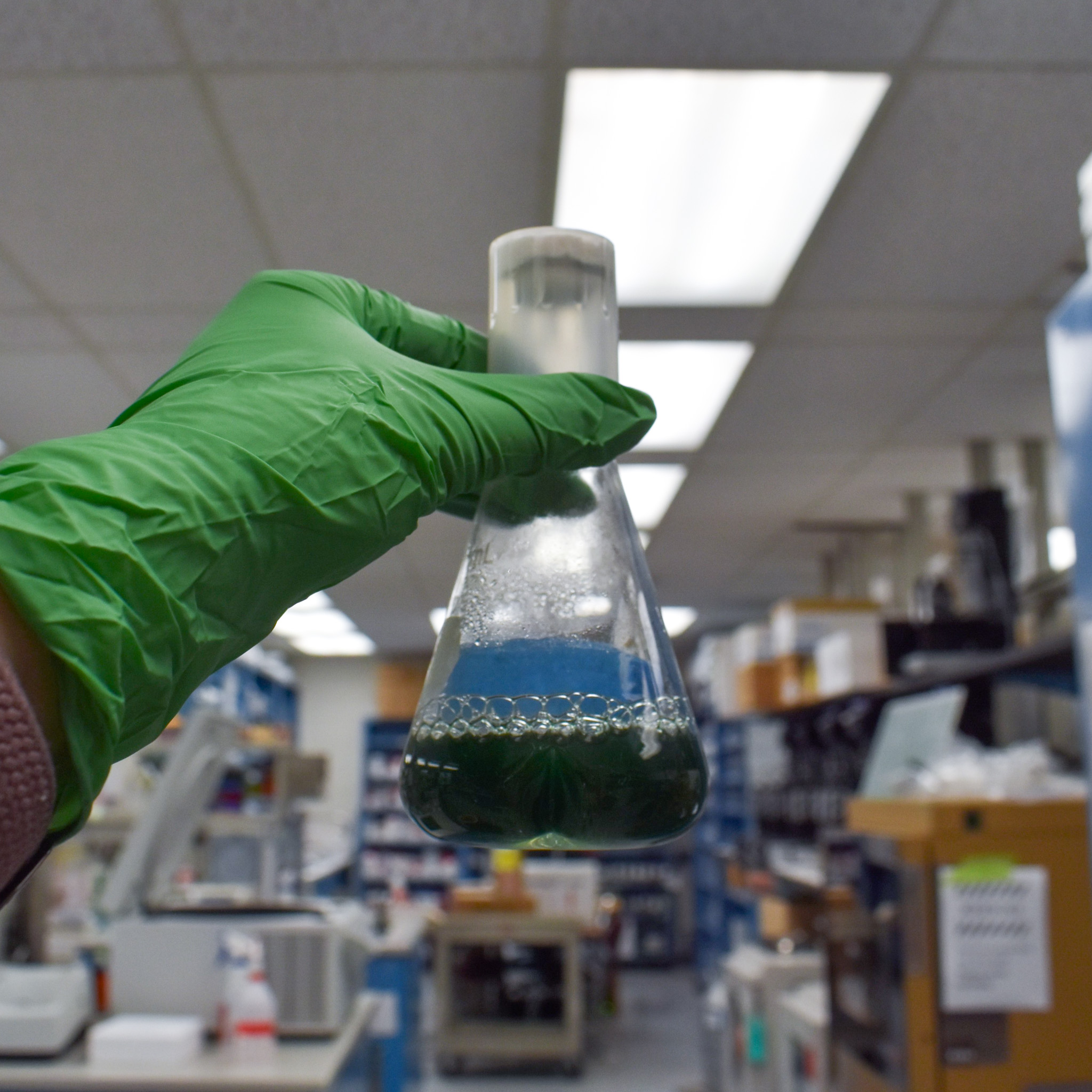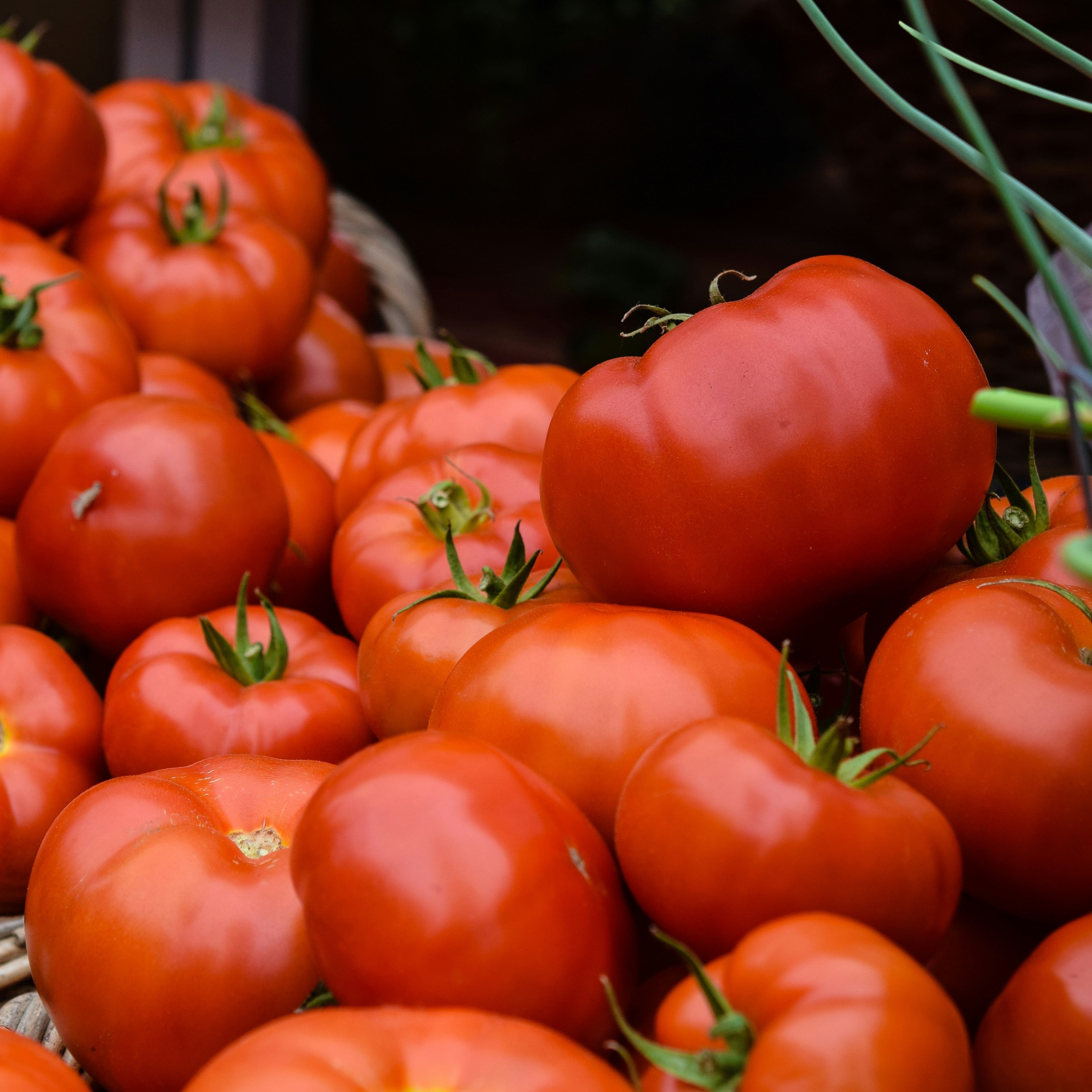Study links energy metabolism to reduced fertility in overheated bean crops
A new study from Michigan State University has deepened our understanding of the link between bean plants’ energy budget and their ability to reproduce under stressful high temperature conditions.
The study reports that the activity levels of the carbon metabolism protein, G6PDH, are related to decreased production of pollen in bean flowers. The work is published in the journal Plant, Cell & Environment.
Dry bean production is an important industry to the state of Michigan, the second largest producer in the USA. Michigan-grown beans are accustomed to growing in temperate climates. However, as global temperatures rise, some predictions expect Michigan temperatures to be comparable to current temperatures in the southern states. Such heat levels would be damaging to Michigan beans.
“We want to know why common bean flowers are sensitive to high temperature stress,” says James Santiago, a postdoc in the lab of University Distinguished Professor, Thomas Sharkey. “Bean flowers have male and female reproductive parts. Current research suggests that the male tissues are more vulnerable than the female parts when exposed to extremely hot temperatures. As a result, the plants produce less pollen and their reproductive capacity is decreased.”
Producing pollen costs a lot of energy, which comes in the form of sucrose, basically sugar. Sucrose is produced in the leaves through the process of photosynthesis. Then, that sucrose is carried to various parts of the plant through a network of ‘veins’ – called the phloem tubes – that stretches over the whole plant, from roots to flowers.
Plant reproductive parts sensitive to heat

By Victor DiRita, Jr., MSU College of Natural Science
“Previous research in overheated crops, like tomatoes and rice, has shown that lower amounts of sucrose travel to the anther, the part of the flowers that makes pollen grains. We did not yet know if this phenomenon happens in beans as well,” James says.
Normally, pollen grains develop and mature inside a flower in a process that follows a strict schedule. That allows the pollen grains to get enough nutrients and to be ready for pollination once the flower opens.
However, when temperatures are too hot, the flower anthers can produce chemicals that speed up the process before the pollen has gotten enough nutrients. The faulty timing leads to catastrophic abortion of pollen grains and a reduction in the number of fruits and seeds produced by the plant.
Carbon metabolism helps plants detox
To the researchers, premature death indicates that pollen grains are starved of sucrose. To explain why, the new study focuses on the enzyme G6PDH, which helps plants reduce their internal levels of toxic chemicals, such as those that ruin pollen production.

By Tijana Drndarski as seen on Unsplash
G6PDH kicks off a process that transforms sucrose into other carbon-based molecules. One result of that process is the production of ascorbate – basically Vitamin C – an antioxidant that controls the levels of toxic chemicals in living cells (Similar antioxidants may protect humans from diseases like cancer or diabetes).
“These antioxidants are essential for plant survival,” James says. “We see that bean varieties with more active G6PDH in the anthers deal better with moderate heat, compared to bean varieties that are sensitive to temperature. It is because the successful beans accumulate less toxic chemicals.”
This is what the team hypothesizes happens: in heat-stressed beans, lower amounts of sucrose get to the flowers; so the G6PDH enzyme is less active; this reduced enzyme activity means less amounts of antioxidants are being produced; which leads to an unhealthy accumulation of toxic chemicals.
The ultimate consequence is that pollen grains are less viable, meaning the plant will produce fewer fruit and seeds.
“What the research implies is that heat stress could lead to devastating economic loss to Michigan bean farmers,” James says. “I think this is the first study that ties G6PDH with heat stress tolerance in bean plant flowers.”
By Igor Houwat, James Santiago; Banner image by Tijana Drndarski as seen on Unsplash.



